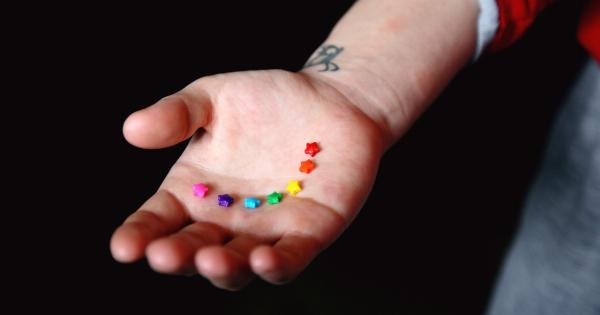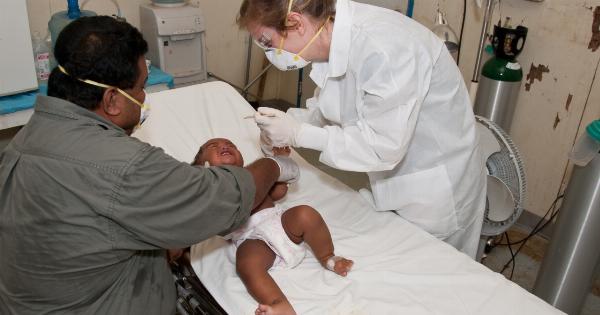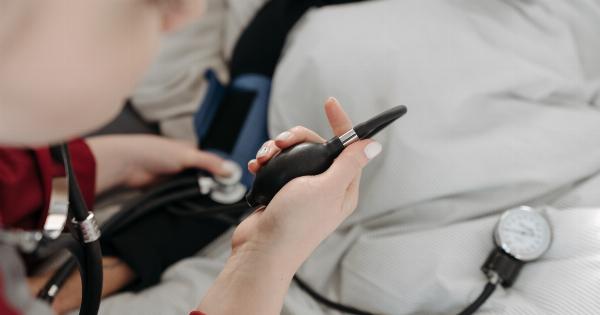Sinusitis in children, also known as pediatric sinusitis, is characterized by inflammation of the sinuses, often caused by bacteria or viruses.
Symptoms can range from mild to severe and can disrupt normal daily activities and affect a child’s overall wellbeing. Treatment for pediatric sinusitis can vary depending on the severity and cause of the condition. In this article, we will explore effective treatments for pediatric sinusitis.
Symptoms of Pediatric Sinusitis
The symptoms of pediatric sinusitis vary depending on the severity of the condition. Common symptoms include:.
- Nasal congestion
- Facial pain or pressure
- Headache
- Fever
- Cough
- Sore throat
- Bad breath
- Fatigue
If your child is experiencing any of these symptoms, it is important to consult a pediatrician to determine if they have pediatric sinusitis.
Treatments for Pediatric Sinusitis
Treatment for pediatric sinusitis can vary depending on the severity and cause of the condition. Here are some effective treatments for pediatric sinusitis:.
Antibiotics
If pediatric sinusitis is caused by bacteria, antibiotics may be prescribed by a pediatrician. Antibiotics can help to reduce the inflammation and clear the infection, which can alleviate symptoms and speed up the healing process.
However, antibiotics are not effective against viral infections, so it is important to confirm the cause of the pediatric sinusitis before prescribing antibiotics.
Nasal Decongestants
Nasal decongestants can help to relieve nasal congestion, which is a common symptom of pediatric sinusitis. Nasal decongestants work by shrinking the blood vessels in the nasal passages, which can help to reduce inflammation and clear congestion.
However, it is important to be cautious when using nasal decongestants, as they can cause rebound congestion if overused.
Nasal Saline Rinse
Nasal saline rinse can help to clear out mucus and reduce inflammation in the sinuses. Nasal saline rinse is a mixture of salt and water, which can be sprayed or poured into the nostrils.
The solution helps to thin out mucus and wash away bacteria and viruses. Nasal saline rinse can be used by children of all ages and can be especially helpful in relieving nasal congestion.
Nasal Corticosteroids
Nasal corticosteroids are prescription medications that can help to reduce inflammation in the nasal passages and sinuses. Nasal corticosteroids can be applied topically or sprayed into the nostrils and can be effective in treating pediatric sinusitis.
However, it is important to use nasal corticosteroids as prescribed by a pediatrician and to be aware of potential side effects.
Oral Steroids
Oral steroids can be prescribed by a pediatrician to reduce inflammation in the sinuses and alleviate symptoms of pediatric sinusitis.
Oral steroids work by reducing the immune system’s response to inflammation, which can help to reduce swelling and clear congestion. However, oral steroids can have side effects, and it is important to use them as prescribed by a pediatrician.
Humidifier
A humidifier can help to humidify the air and reduce dryness in the nasal passages, which can help to relieve nasal congestion and reduce inflammation. Humidifiers can be especially helpful in the winter months when indoor heating can dry out the air.
However, it is important to keep humidifiers clean and to monitor humidity levels to avoid mold growth or other issues.
Rest and Fluids
Rest and fluids are important for children to help their bodies recover from pediatric sinusitis. Encouraging children to rest and drink plenty of fluids can help to support their immune system and speed up the healing process.
It is also important to avoid activities that can exacerbate symptoms, such as swimming or flying.
Surgery
In cases of severe or chronic pediatric sinusitis, surgery may be recommended by a pediatrician. Surgery can help to remove blockages in the sinuses or correct structural abnormalities that may be contributing to the condition.
Surgery is typically a last resort after other treatments have been exhausted.
Conclusion
Pediatric sinusitis can be a challenging condition for children and their caregivers. However, there are effective treatments available to help alleviate symptoms and speed up the healing process.
If your child is experiencing symptoms of pediatric sinusitis, it is important to consult a pediatrician to determine the best course of treatment.






























